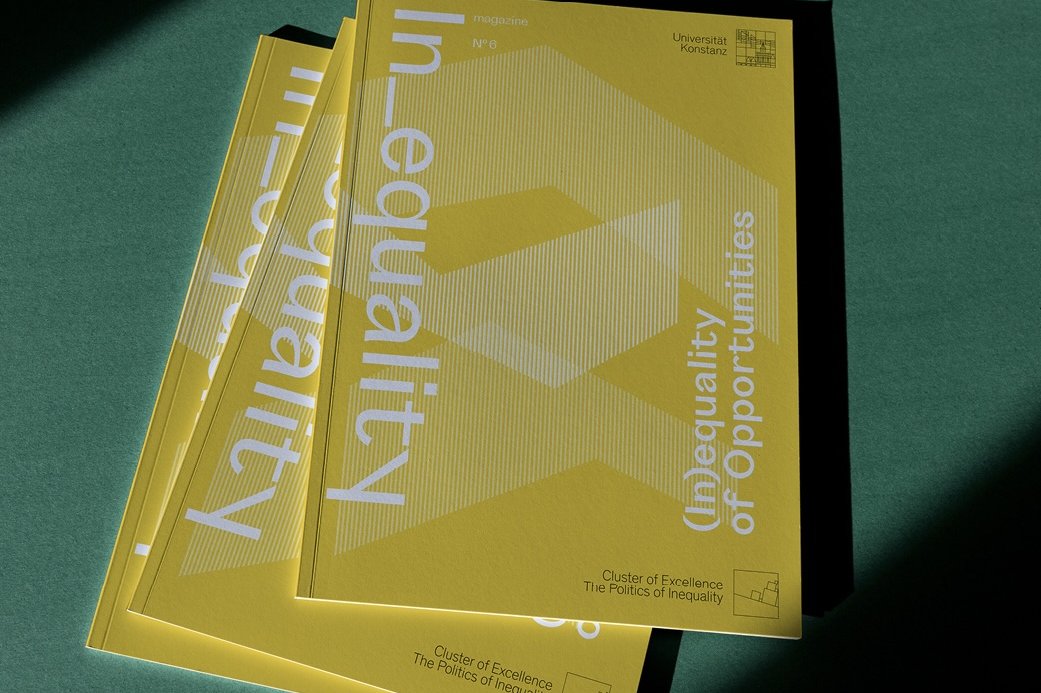In numerous research projects, we deal with various aspects of social inequality: meritocracy, education, social mobility and the promise of advancement. In particular, we analyse educational inequalities from various perspectives: How are their extent and causes perceived? What consequences do they have for the acceptance of the education system and the willingness to change something? What role does educational inequality play in political attitudes and participation? The following will give you an initial insight.
Explanatory video of the project "Students' Perceptions of Inequality and Fairness (PerFair)" in German.
During the pandemic, you were expected to be in the lecture hall or, in my case, the virtual lecture hall, working full-time, providing childcare and home- schooling—and that just wasn’t possible. I reached my limits and could hardly sleep at night at first.
Christina Felfe de Ormeño explains in an interview how the challenging situation of being a mother of three children and a full-time professor led her to conduct a research project where the results were widely discussed, even outside academia.
External Page
To view this content (source: www.xyz.de ), please click on Accept. We would like to point out that by accepting this iframe, data could be transmitted to third parties or cookies may be stored.
You can find more information on our privacy policy .
At our second "Film & Talk" event, where we make our findings from inequality research accessible to a wider audience, we showed the documentary "KALLE KOSMONAUT". Over the course of 10 years, directors Tine Kugler and Günther Kurth followed the initially 10-year-old Kalle as he grew up in a Berlin neighbourhood and show how social inequality can determine a biography. We interviewed Tine Kugler about her long-term project for the In_equality magazine. The sociologist and research associate at our Cluster of Excellence, Katja Pomianowicz, complements the interview with a sociological categorisation of the topic.


![[Translate to Englisch:] Article](/fileadmin/exzellenz/inequality/timeline_pic/06-01.jpg)
![[Translate to Englisch:] article](/fileadmin/exzellenz/inequality/timeline_pic/06-03.jpg)
![[Translate to Englisch:] article](/fileadmin/exzellenz/inequality/timeline_pic/06-04.jpg)
![[Translate to Englisch:] article](/fileadmin/exzellenz/inequality/timeline_pic/06-05.jpg)
![[Translate to Englisch:] article](/fileadmin/exzellenz/inequality/timeline_pic/06-06.jpg)
![[Translate to Englisch:] article](/fileadmin/exzellenz/inequality/timeline_pic/06-07.jpg)